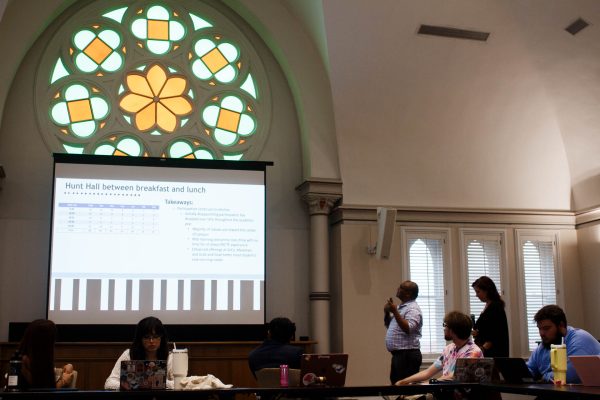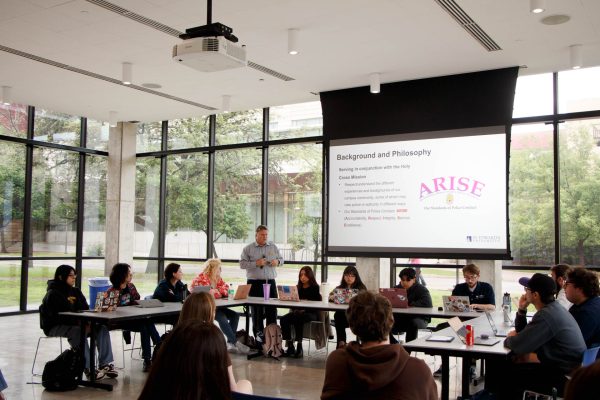Study finds college not right for all
Not every student should attend a college or university, according to a Harvard Graduate School of Education report issued in January.
The “Pathways to Prosperity” report calls for more vocational training in high school. In other words, less “To Kill a Mockingbird” and more job skills.
But the report’s biggest claim is that colleges like Harvard might not be right for everyone.
“Pretending that everyone is headed for a college degree is just not fair to those for whom college is not a good fit,” Ronald Ferguson, the project’s co-chair, said in the report. “They need other options.”
Fewer than 60 percent of students working towards bachelor’s degrees get their diploma within six years, the report said. This is the highest rate of college drop-outs in the industrialized world.
College was less of a necessity in the 1970s, when 70 percent of jobs didn’t require a degree. This number has shrunk to 41 percent. Only one-third of Americans have a degree by the time they are 25.
Fifty-nine percent of teachers support the idea of providing an alternative to college. One St. Edward’s University professor believes this with a passion.
“Putting everyone on the track to get into college,” St. Edward’s education professor Kris Sloan said, has led to “a watered-down curriculum.”
The United States already has some support for full-time vocational schools, which are available in all 50 states.
Vocational schools teach people how to work in a niche. Instead of majoring in engineering, for example, here they could specialize in becoming an electrician or car mechanic.
The U.S. government only funds these schools indirectly. The trade schools accept federal money for education, such as Stafford loans and Pell grants.
The report also looked to several European countries for answers.
In Germany, for example, over half of students sign up for an education that’s part-internship, part-coursework. Most of their work consists of instruction and practice work in the workplace, and the other day or two in class is spent learning about the career itself. Companies even fund this system of education as much as the government.
The Swiss education system allows students and their families to start studying a career path in 10th grade. This doesn’t replace all higher learning, but it does give students a chance to learn what their field of work would be like.
Even if the U.S. didn’t mimic Europe, colleges and universities could still teach more job skills in class, the report said.











